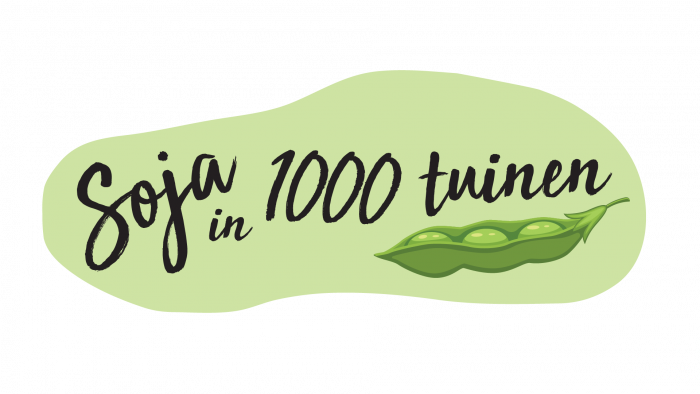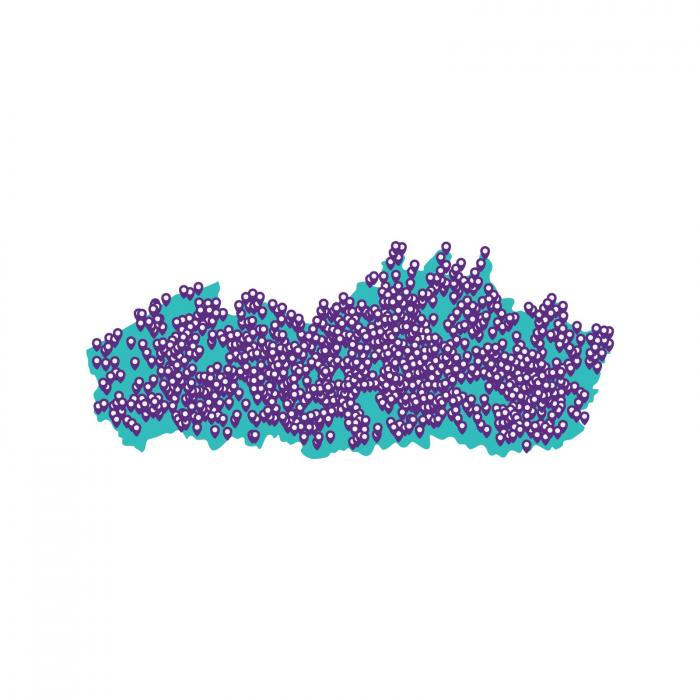Citizen science

In the soy in 1000 gardens project, VIB and partners want to engage 1000 citizens to grow soy in their own garden. The main aim was to isolate endogenous nitrogen-fixing bacteria (Rhizobium) from soy plants grown in Belgian soil. Secondly, data regarding soil type, microorganisms, and soy parameters were integrated for the development and implementation of guidelines on optimal cultivation methods for soy in our region. Additionally, this project aimed to improve public know-how and awareness about the benefits of legumes for health, sustainable gardening, and agriculture and investigated how citizens can be influenced to take action during a project.


First outcomes
Thanks to focused media attention with support of minister Hilde Crevits and the collaboration with Mijn Tuinlab, the soy in 1000 gardens project was able to recruit over 5000 people willing to participate. Ultimately, 1153 people including more than 100 farmers were carefully selected across Flanders, based on demographics. The logistics and follow-up of this project are challenging, especially the distribution of the participant packages which includes the seeds and other necessities, but also the collection of the grown plants. Additionally, a participants portal was set up to allowed for easy collection of the participants data. During the summer of 2021, 4436 plants were collected from 907 participants who successfully completed the project. This resulted in the identification of 918 plants with root nodules that contain nitrogen-fixing bacteria. In the long-term, this should help to produce tailor-made seeds inoculated with nitrogen-fixing bacteria that are adapted to local soil conditions and can improve soy yields.
